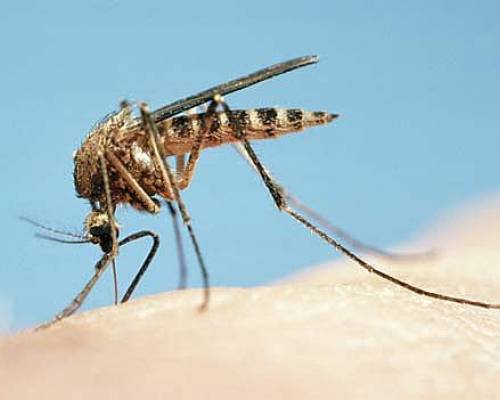Going to Thailand ?
RPS can report that the outbreak of Dengue Fever in Thailand hs now seen 83 dead so far.
Officials from the Ministry of Public Health in Thailand have confirmed that the total number of cases of dengue fever has risen to more than 80,000 since the outbreak was first reported in January 2013.
If you plan to go there on holiday you should be aware that the worst-affected areas include the provinces of Chiang Mai, Chiang Rai, Si Saket, Surin, Tak, Buri Ram, Roi Et, Chon Buri and Khon Kaen, and the special administrative area of Bangkok.
Thailand is prone to seasonal outbreaks of the infectious mosquito-borne disease, with the typical transmission period occurring between May and October. There was an early spike in reported cases this year; at least 16 deaths were recorded between January and March, which was four times higher than the toll reported for the same period in 2012.
As the disease is most prevalent during periods of sustained rainfall, it is possible that infection rates have been aggravated by the recent spells of rainfall in the country.
The number of infections and casualties are likely to increase in the coming months as the rainy season gets into full swing.
Symptoms of the disease usually occur within three to 14 days of being bitten by an infected Aedes mosquito. Symptoms can include a high fever, severe headache, backache, joint pain, nausea, vomiting, eye pain and rashes.
If you plan to visit Thailand for work or on holiday, RPS advises you to take precautions against being bitten by mosquitoes, including using insect repellent, wearing long-sleeved shirts and long trousers and sleeping under a mosquito net. Anyone who shows any of the symptoms above is advised to consult a Doctor immediately.
Dengue Fever Prevention
Neither vaccine nor drugs for preventing infection are available. The bite of one infected mosquito can result in infection.
The risk of being bitten is highest during the early morning, several hours after daybreak, and in the late afternoon before sunset. However, mosquitoes may feed at any time during the day.
Aedes mosquitoes typically live indoors and are often found in dark, cool places such as in closets, under beds, behind curtains, and in bathrooms. Travellers should be advised to use insecticides to get rid of mosquitoes in these areas and to select accommodations with well-screened windows or air conditioning when possible.
Additionally, travellers should take measures to avoid being bitten by mosquitoes. Long-term travellers and expatriates can take extra precautions to reduce mosquito-breeding sites around their accommodation by emptying and cleaning or covering any standing water (such as in water storage tanks and flowerpot trays).
Contact RPS Partnership at [email protected] if you need any advice about prevention of diseases when travelling.
Source: Red24 and GDC


